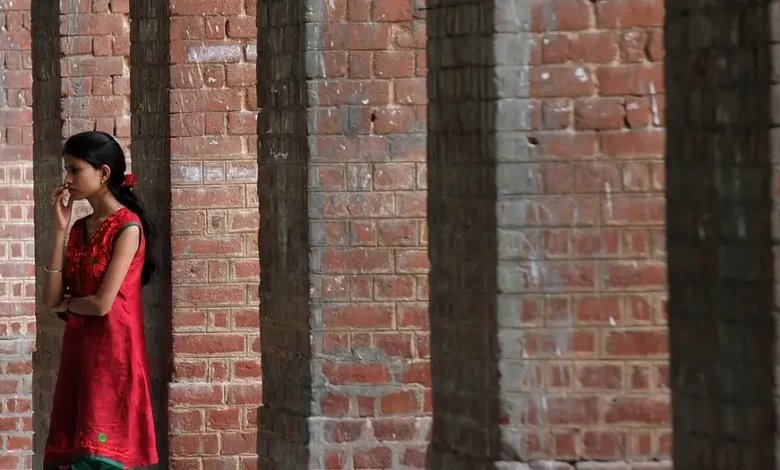Broken by books, silenced by shame, mental health crisis unfolds in India’s classrooms
Crushed under the weight of grades and expectations a silent epidemic is pushing students to the brink as education system fosters mistrust, anxiety, and competitiveness; mental health professionals and educators warn that academic and social stress, toxic competitiveness, inadequate support systems, and a lack of emotional education are key drivers behind this tragic trend.

Student suicides in India have reached alarming levels, with students accounting for 7.6 percent of the country’s total suicide deaths, according to the National Crime Records Bureau’s latest data from 2022.
Approximately 13,000 students die by suicide annually, with official figures for 2023 and 2024 still pending, reports dw.com
Mental health professionals and educators warn that academic and social stress, toxic competitiveness, inadequate support systems, and a lack of emotional education are key drivers behind this tragic trend.
“These numbers are not just statistics. They reflect silent suffering buried under societal expectations,” said Dr. Anjali Nagpal, a neuropsychiatrist. “We prepare children for exams, not for life.”
Nagpal stressed the urgent need for mental health education to become part of everyday school life, with teachers trained to listen and respond to students’ emotional needs.
The issue was raised in India’s parliament by Minister of State for Education Sukanta Majumdar, who acknowledged that despite reforms and mental health initiatives, extreme academic pressure continues to endanger students. He outlined the government’s multipronged response, including psychological support for students, teachers, and families.
However, Nelson Vinod Moses, founder of the Suicide Prevention India Foundation, warned that deeply embedded issues remain.
“A silent epidemic is pushing students to the brink,” Moses said. “The education system fosters mistrust, anxiety, and competitiveness.”
He urged colleges to implement suicide screening, life skills training, emotional intelligence programs, and gatekeeper training for faculty and students to help prevent suicides.
A landmark 2019 study involving over 8,500 students from 30 Indian universities found that 12% had experienced suicidal thoughts, and nearly 7% had attempted suicide.
The Indian Supreme Court, calling the situation a “suicide epidemic,” formed a 10-member national task force in March. The group is currently evaluating systemic reforms and is expected to deliver a comprehensive mental health and education policy.
Maheshwer Peri, CEO of Careers360, emphasized that judging students based on single-day exam performance is dangerous.
“Most students lack support and study in isolation. We urgently need safety nets and tailored mental health care,” Peri said.
Veteran Delhi psychiatrist Dr. Achal Bhagat echoed the sentiment, citing rigid definitions of success, gender inequality, unemployment, and institutional inflexibility as contributing factors.
“Young people must be involved in shaping their futures,” Bhagat said. “We need mentoring, role models, and a broader understanding of success to restore hope.”













